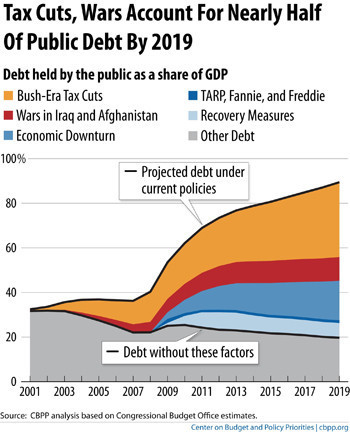The euro-region’s defenses are being breached.
Investors today propelled Italy’s 10-year bond yield to close at a euro-era high of 7.25 percent after the promised exit of Prime Minister Silvio Berlusconi failed to convince them that his country can slash Europe’s second-largest debt burden.
The biggest signal yet that the single currency’s third- largest economy is falling prey to its two-year debt crisis forces German Chancellor Angela Merkel, European Central Bank President Mario Draghi and their peers to decide just how far they’re willing to go to defend the euro.
“The market is testing the commitment of the euro zone’s stewards,” said Eric Chaney, Paris-based chief economist at insurer AXA SA and a former official in the French Finance Ministry.
“Italy is the real crisis battleground.”
At
1.9 trillion euros ($2.6 trillion), Italy’s
debt exceeds that of Greece, Spain, Portugal and Ireland combined, though unlike those nations, it has systemic importance as the world’s third-largest bond market and eighth-biggest economy. Berlusconi’s offer to quit has still left his nation struggling to produce a government stable enough to deliver austerity after LCH Clearnet SA raised the deposit it demands for trading Italian securities.
'Ugly’ Outlook
“While Italy is considered too big to fail, she may be too big to save unless there is a major change of attitude towards resolving the crisis,” said John Higgins, an economist at Capital Economics Ltd. in London. “Things could be about to turn very ugly.”
The yield on Italy’s 10-year bond today surged 48 basis points to levels which previously drove Greece, Ireland and Portugal to seek international bailouts. Credit-default swaps on Italy’s government bonds jumped 12 basis points to a record 551, according to CMA prices.
Investors want “a signal that Italy has taken control of its accounts and is increasing the competitiveness of the system,” Marco Tronchetti Provera, Chairman of Pirelli & C. SpA, Europe’s third-biggest maker of tires, told reporters in London today. “Parliament has to take action soon.”
Global pressure on Rome is building days after Group of 20 leaders decried the inability of European counterparts to defeat a crisis now in its third year and threatening global growth.
IMF Visit

(Goodbye Italy)
International Monetary Fund fiscal monitors are due to visit the Italian capital, and European Union Economic and Monetary Affairs Commissioner Olli Rehn says he wants answers to “very specific questions” on economic pledges by the weekend. U.K. Prime Minister David Cameron today said Italian interest rates are “getting to a totally unsustainable level.”
“This is a form of meltdown,” said Marc Ostwald, a fixed- income strategist at Monument Securities Ltd. in London. “I would imagine the telephones between international finance ministries and central banks are in danger of running so hot they’ll melt down themselves.”
While Berlusconi said yesterday he’d step down as soon as parliament passes cost-cutting steps pledged to EU leaders, a vote on the measures may not come for days. His vow to quit came after he failed to muster an absolute majority on a routine parliamentary vote. He is also seeking elections which may delay reform further.
--
It's starting (again).
 Buy on AliExpress.com
Buy on AliExpress.com
 Buy on AliExpress.com
Buy on AliExpress.com
 (Goodbye Italy)
(Goodbye Italy)

